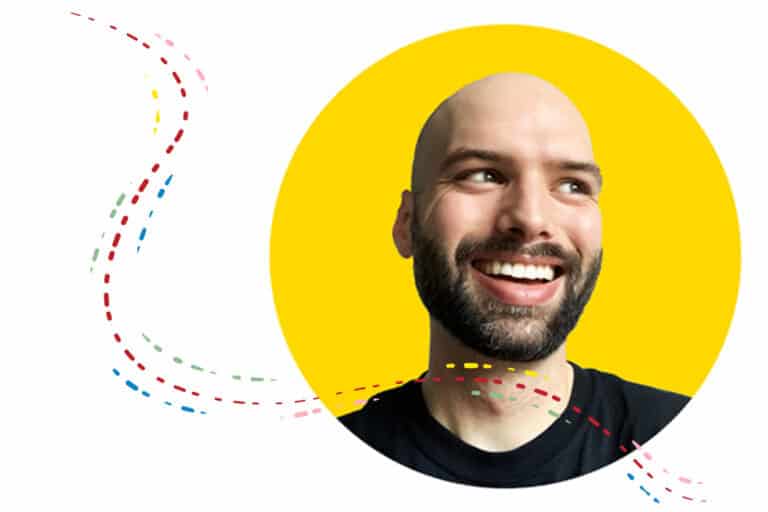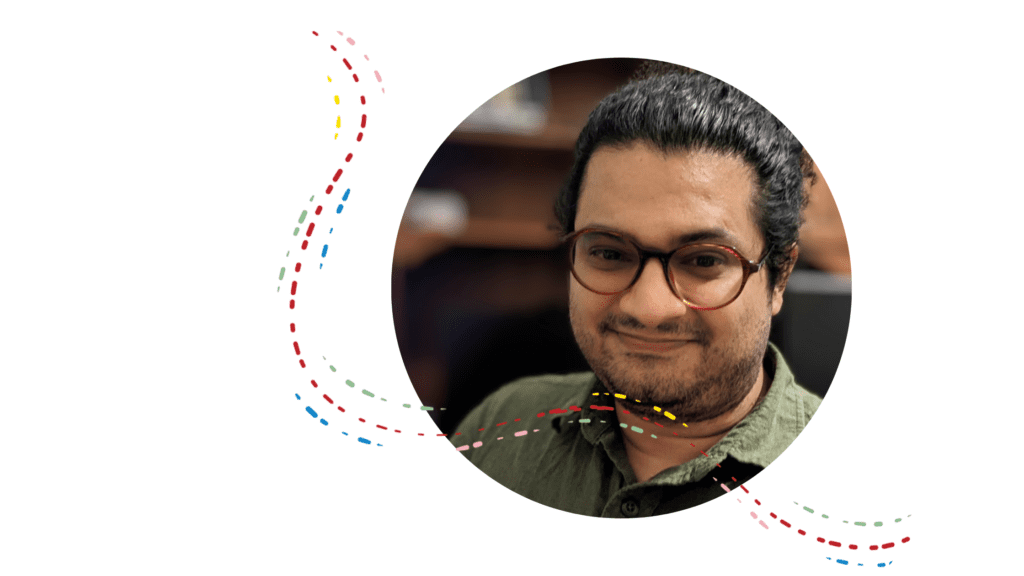Alumni Success Story: Douglas Quinn
Data Scientist, Federal Reserve Bank of Richmond
By MAXX Potential
- Posted:
- Success Stories

Douglas worked as an Apprentice for almost three years, gaining valuable on-the-job tech experience and obtaining Level 4 Apprentice status before he exited MAXX Potential to work at the Federal Reserve Bank of Richmond as a Senior Business Intelligence Analyst. Recently, he accepted a promotion to Data Scientist.
What were you doing before MAXX Potential? What drew you to pursue a career in technology?
I was managing an auto body shop. I have always enjoyed working with computers and I like figuring things out. Programming seemed like something I would enjoy.
Can you talk about what you’re currently working on? What are some of your job responsibilities?
Exploring new data and image analysis in Python
What’s the most rewarding thing about your current role?
Being given a problem and finding a solution.
How do you keep your skills up to date? What’s the best way to learn new concepts, technologies, programming languages, etc.?
I am fortunate that I get to spend 10% of my time at work on learning. I am at the point now where I learn best by jumping into a new technology and using it in a project. When starting out, I suggest setting aside a certain amount of time regularly to spend learning. Push yourself to learn something that you think is hard.
What’s the best piece of advice you can give to someone early in their IT career or looking to get their start?
I see a lot of people (including myself) try to do all the things they see other people do or what they think others are expecting. I say, think about what makes you unique and find what works for you.
Interested in becoming or working with a MAXX Apprentice? Attend Career Lab or explore MAXX Business Solutions!
MORE POSTS
By Barbara Brutt, MAXX Potential Content Marketer “Research shows that play is critical for adults’ well-being too — but many of us don’t play enough
Data Scientist, Federal Reserve Bank of Richmond


















